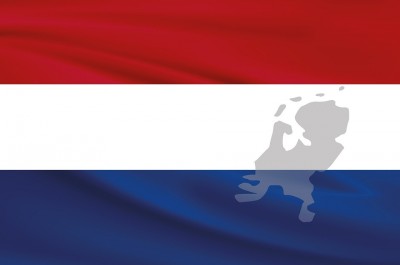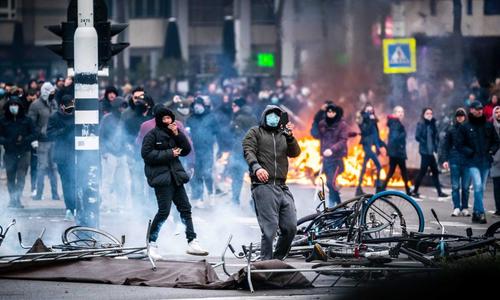“Far-Reaching Violation”: Dutch Government Ordered To Lift ‘Illegitimate’ Pandemic Curfew By Hague Court

All Global Research articles can be read in 27 languages by activating the “Translate Website” drop down menu on the top banner of our home page (Desktop version).
***
A top court in The Hague issued a “shock” ruling that curbs the power of civic authorities to impose sweeping coronavirus-related curfews which should have significant reverberations legally for similar scenarios in other countries.
“The curfew must be lifted immediately,” the court said in a statement, underscoring that the Dutch government is abusing its powers by violating freedom of movement and assembly in particular. The pandemic curfew must be reversed immediately, the government has been told, which comes after weeks of fierce protests by an angry population which seems to have rejected it in unison.
In the official court statement, the Hague deemed the invocation of the Extraordinary Powers of Civil Authority Act to impose a national curfew is not justified on the basis of the COVID-19 emergency. The law allows the government to circumvent normal legislative channels to impose curfew in “very urgent and exceptional circumstance”.
“The curfew is a far-reaching violation of the right to freedom of movement and privacy and (indirectly) limits, among other things, the right to freedom of assembly and demonstration,” The Hague court said.
“The Preliminary Relief Judge ruled that the introduction of the curfew did not involve the special urgency required to be able to make use of the [act],” the Hague said. One key issue cited is that the government had plenty of time to discuss and consider such a curfew through the normal legislative process, thus “the use of this law to impose curfew is not legitimate,” according to the ruling.
The Netherlands’ curfew had been among the most draconian in Europe and the world. While early in the pandemic during the first wave of lockdowns a number of countries had imposed such curfews, since January 23 Dutch citizens were ordered to remain home between the hours of 9pm and 4:30am, which would result in steep fines if violated. It was to be in effect until March 2.
The curfew, the first in the Netherlands since World War II, sparked several days of riots when it was introduced on 23 January https://t.co/SeOaDKuTrr
— RTÉ News (@rtenews) February 16, 2021
While there were “exceptions” in cases of medical emergencies or work deemed “essential”, Dutch citizens by and large were outrage, expressing their frustrations through multiple nights of protests and rioting, which resulted in hundreds of arrests.
The Hague ruling was triggered by the Virus Truth Foundation filing a lawsuit which sought to get the curfew overturned as a violation of civil rights and the national Constitution.
Meanwhile, in a sign of a continuing legal fight to come… because “science”:
DUTCH PM RUTTE: CURFEW STILL NEEDED EVEN AFTER A COURT FOUND IT HAS NO LEGAL BASIS
— *Walter Bloomberg (@DeItaone) February 16, 2021
Virus Truth Foundation noted on its website, “We fight for the preservation of a democratic constitutional state in which our children still have the opportunity to develop themselves in freedom and to live a life with their own beliefs and opinions.” It’s hailing the ruling as a major victory.
Crucially this had been the first such curfew imposed on The Netherlands since World War II, which is in part why it was greeted with such hostility among the public. Demonstrators noted it was neither wartime, nor is the country under threat of invasion.


